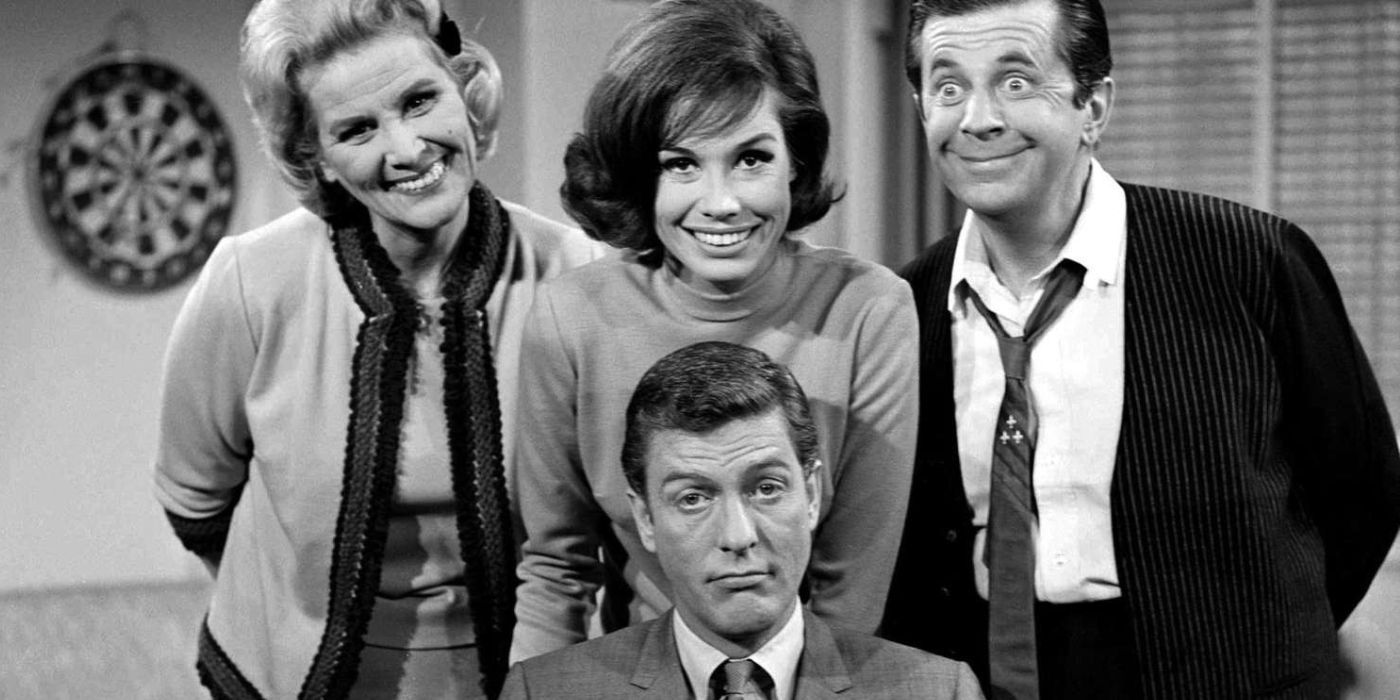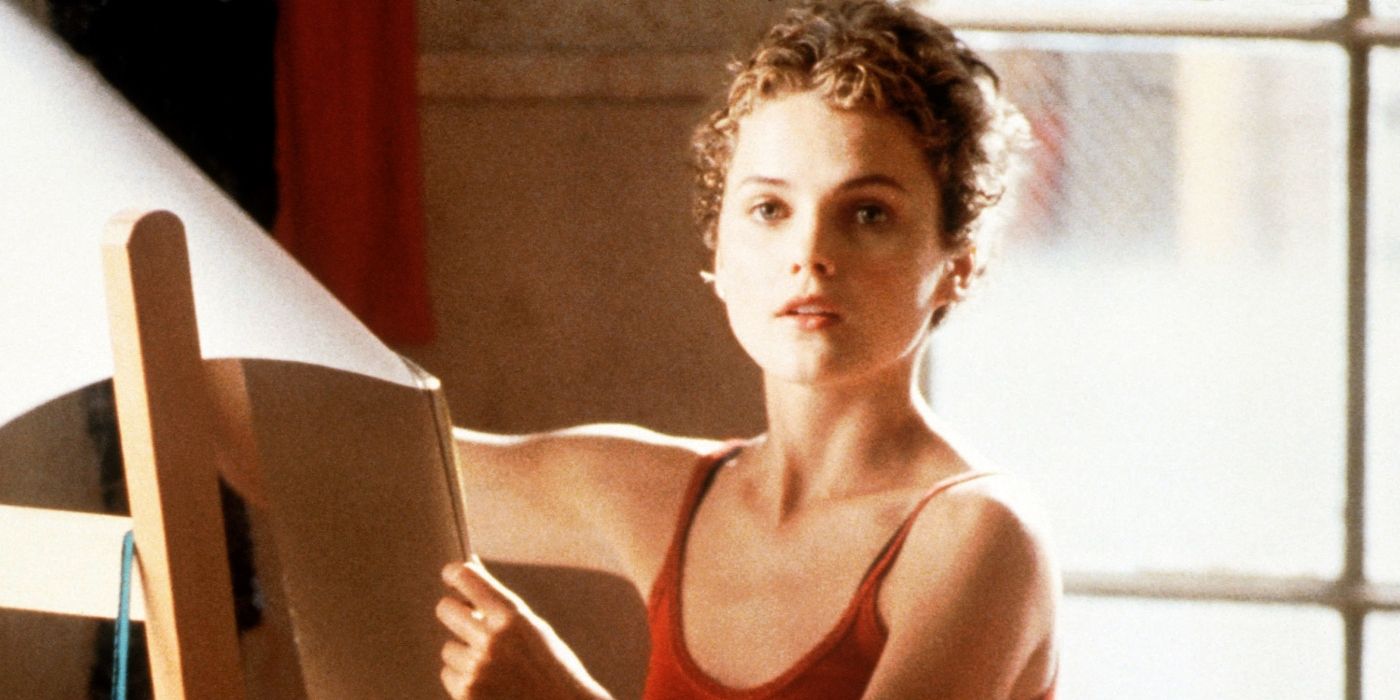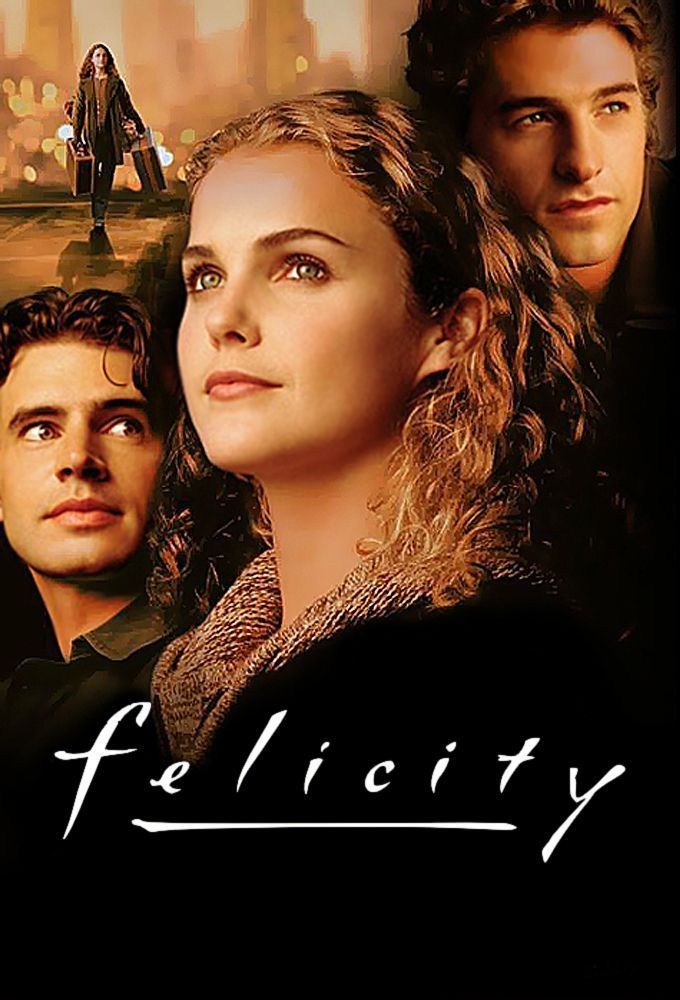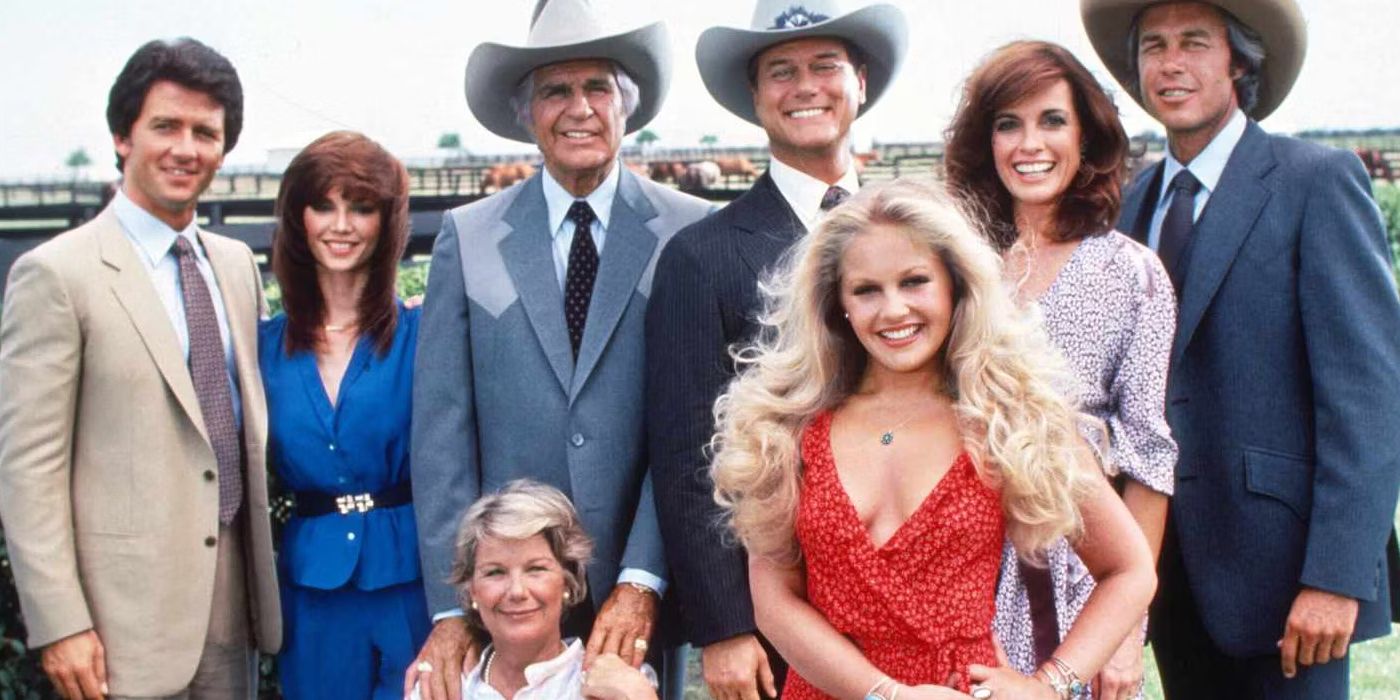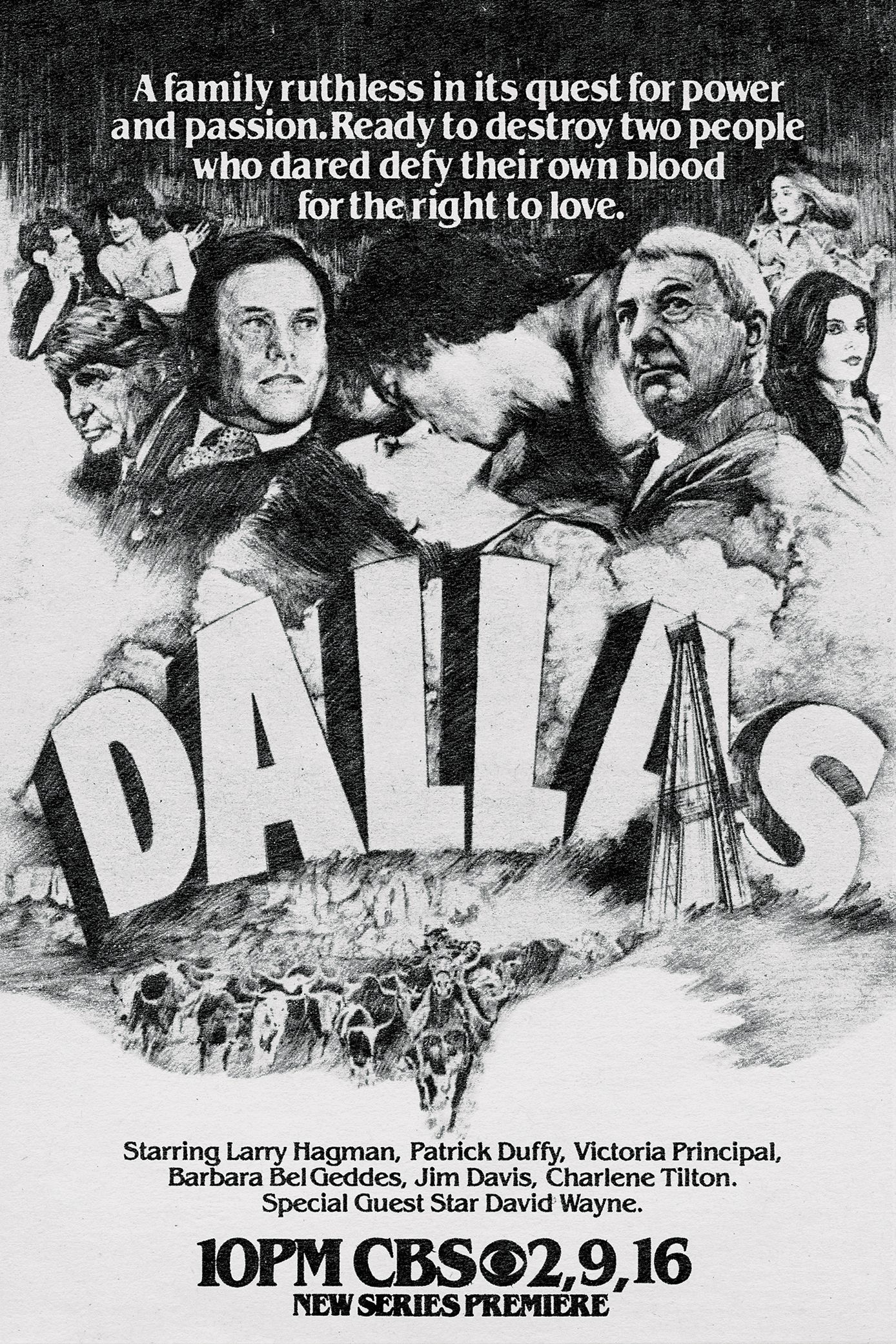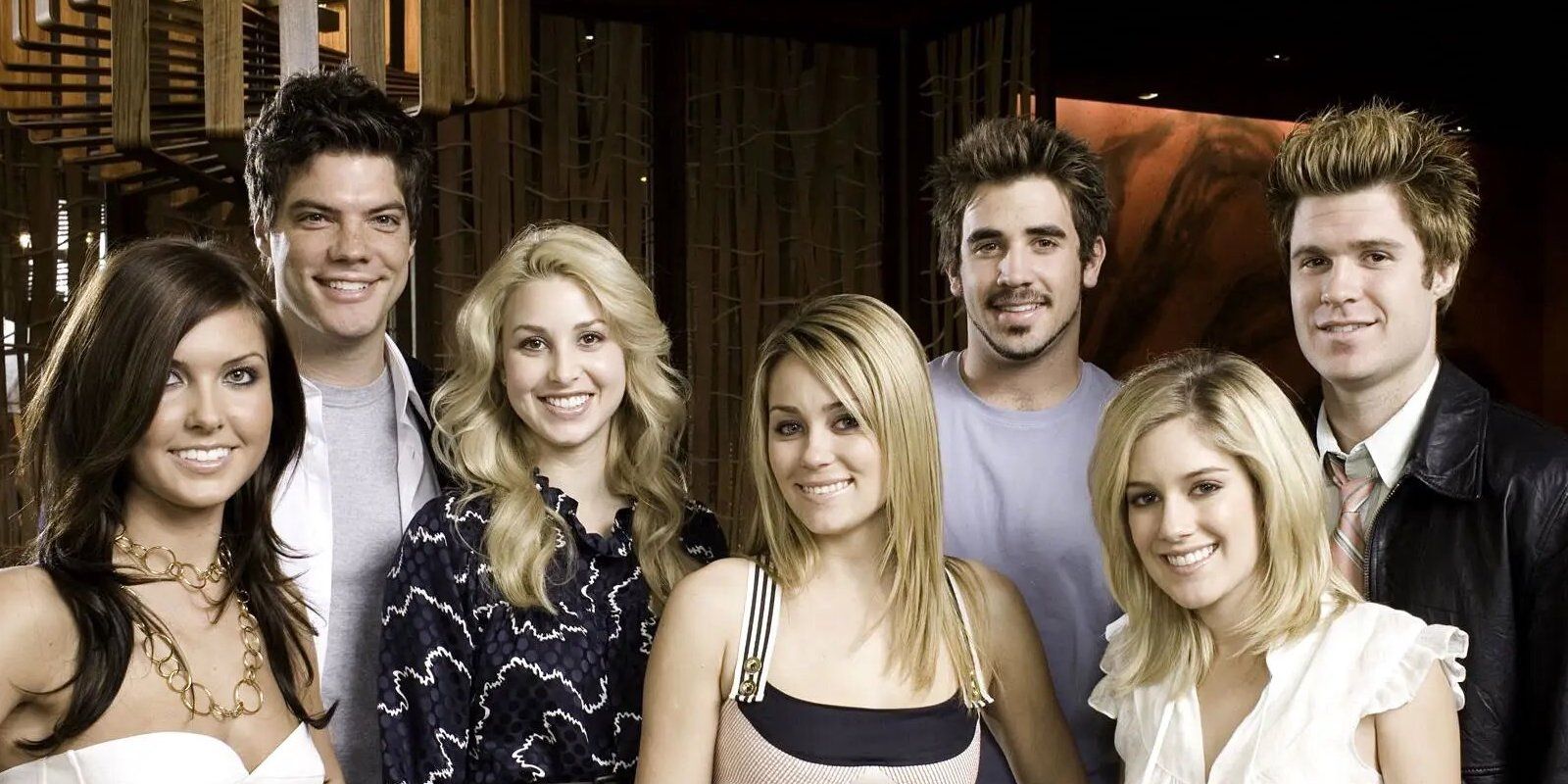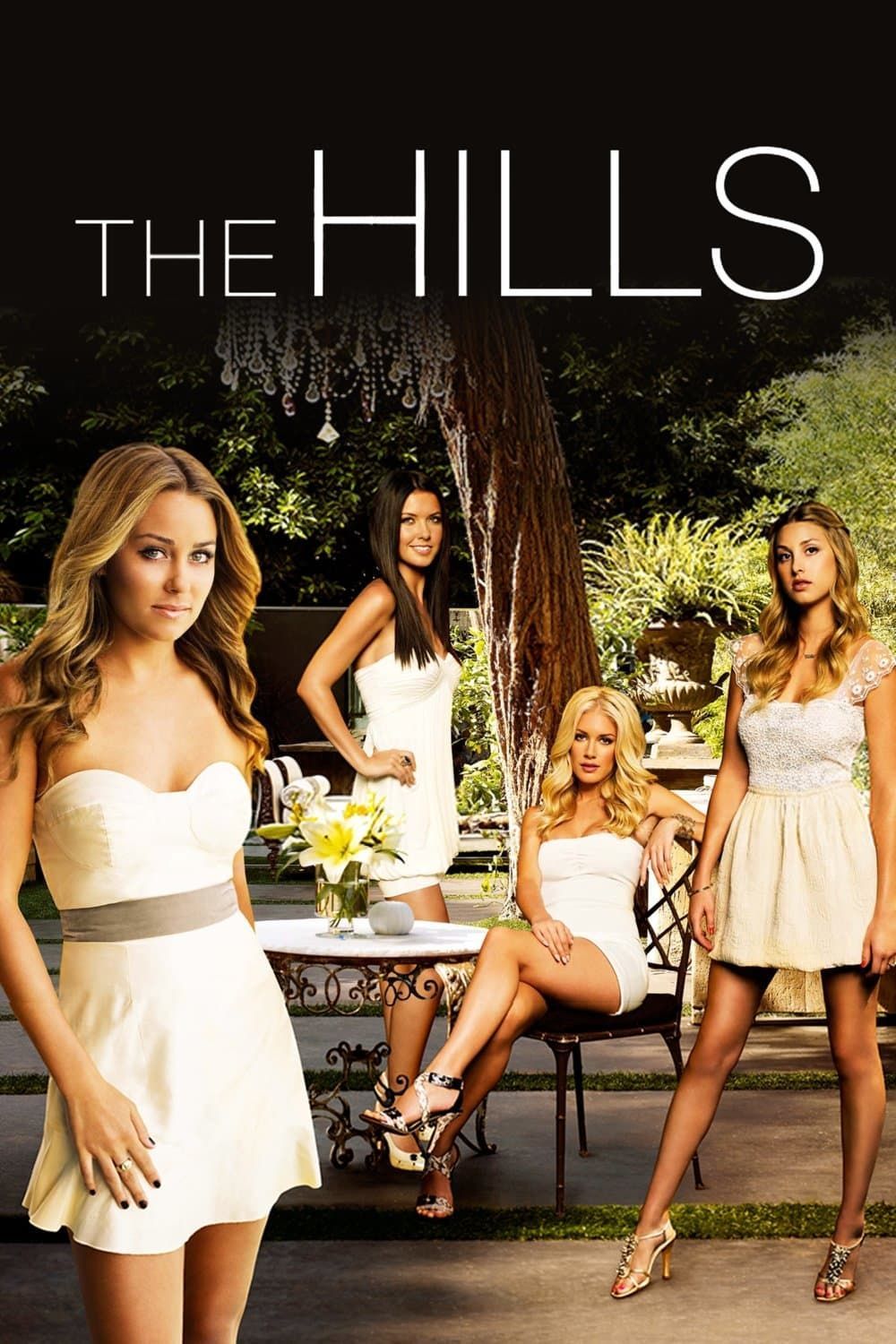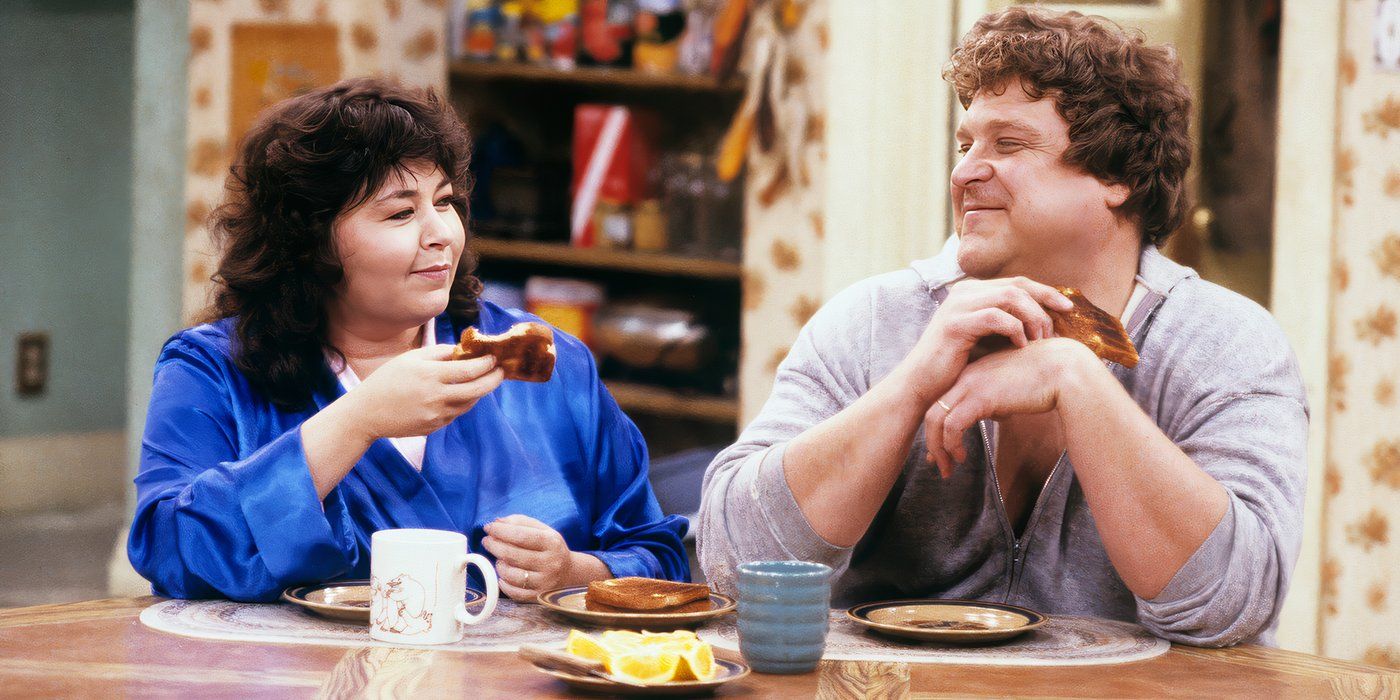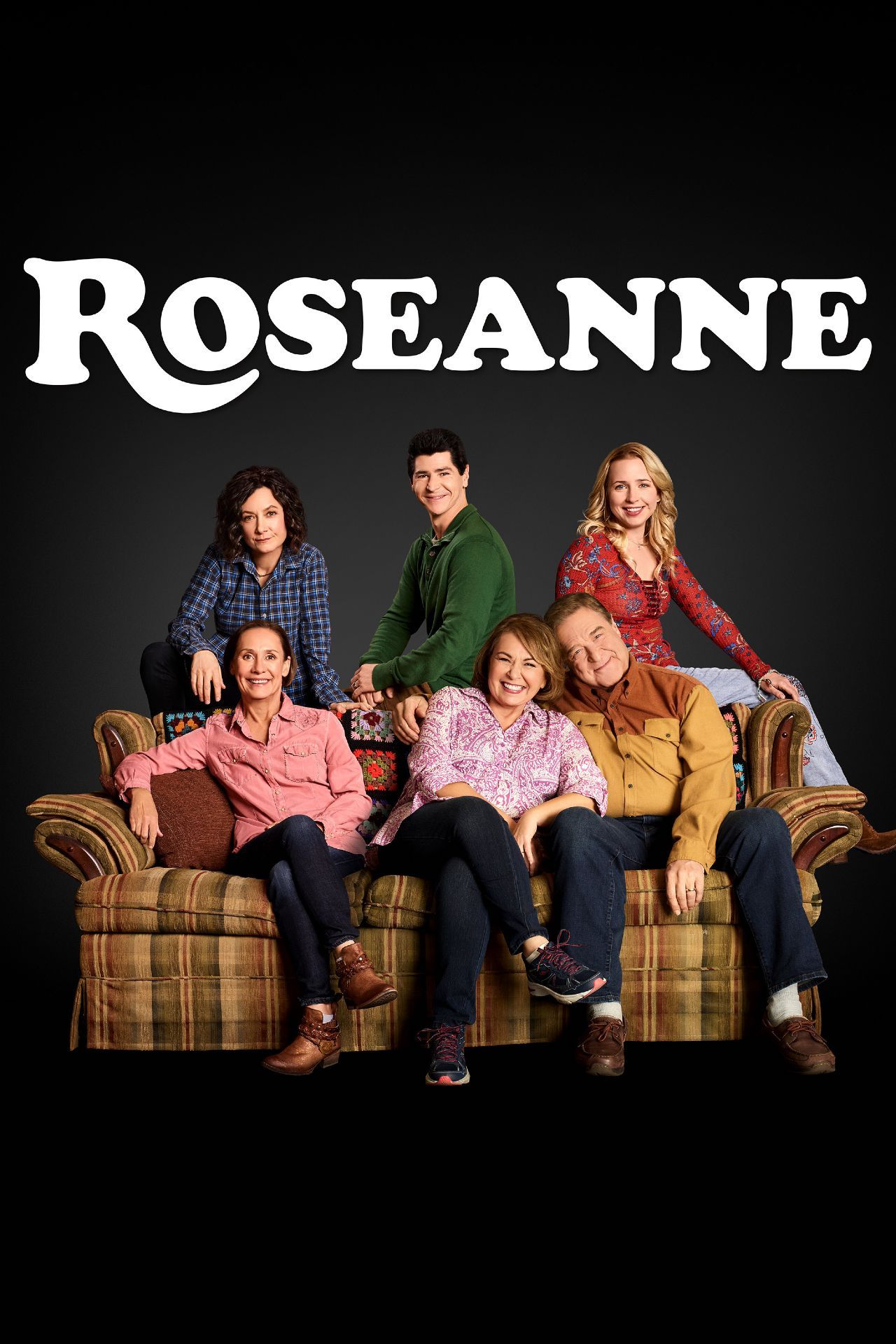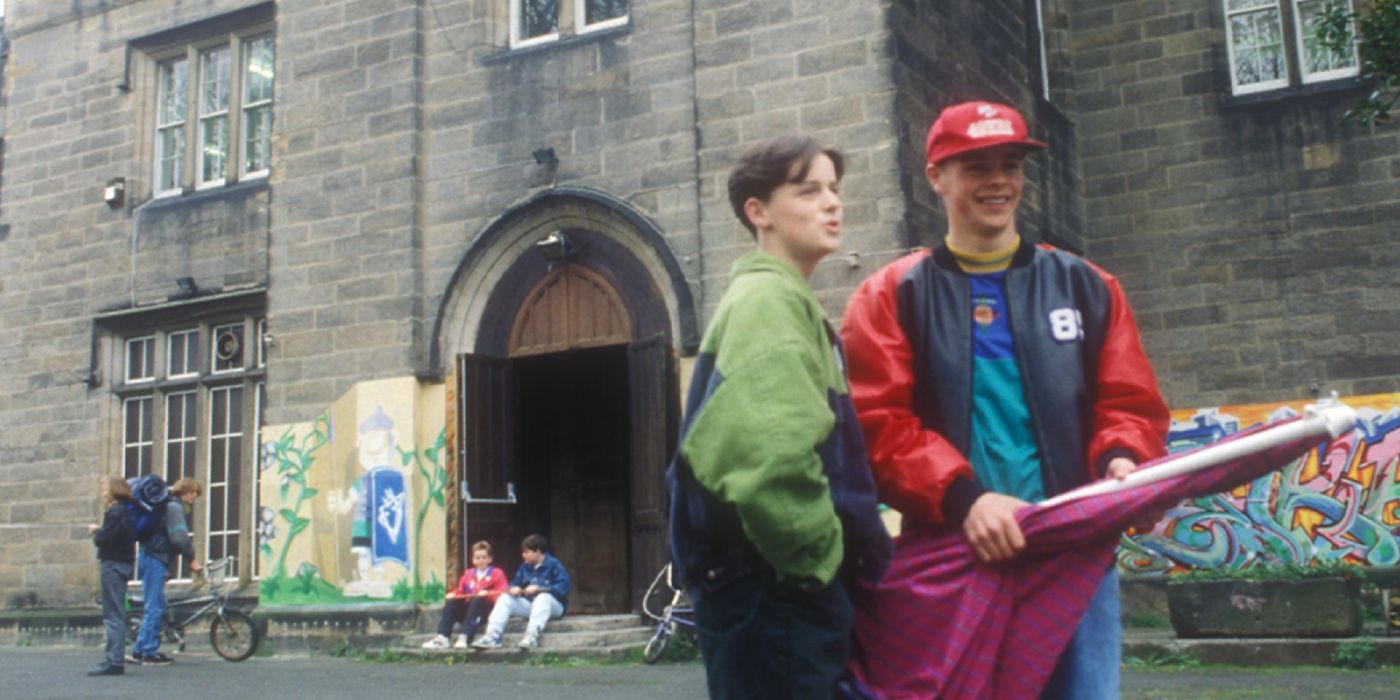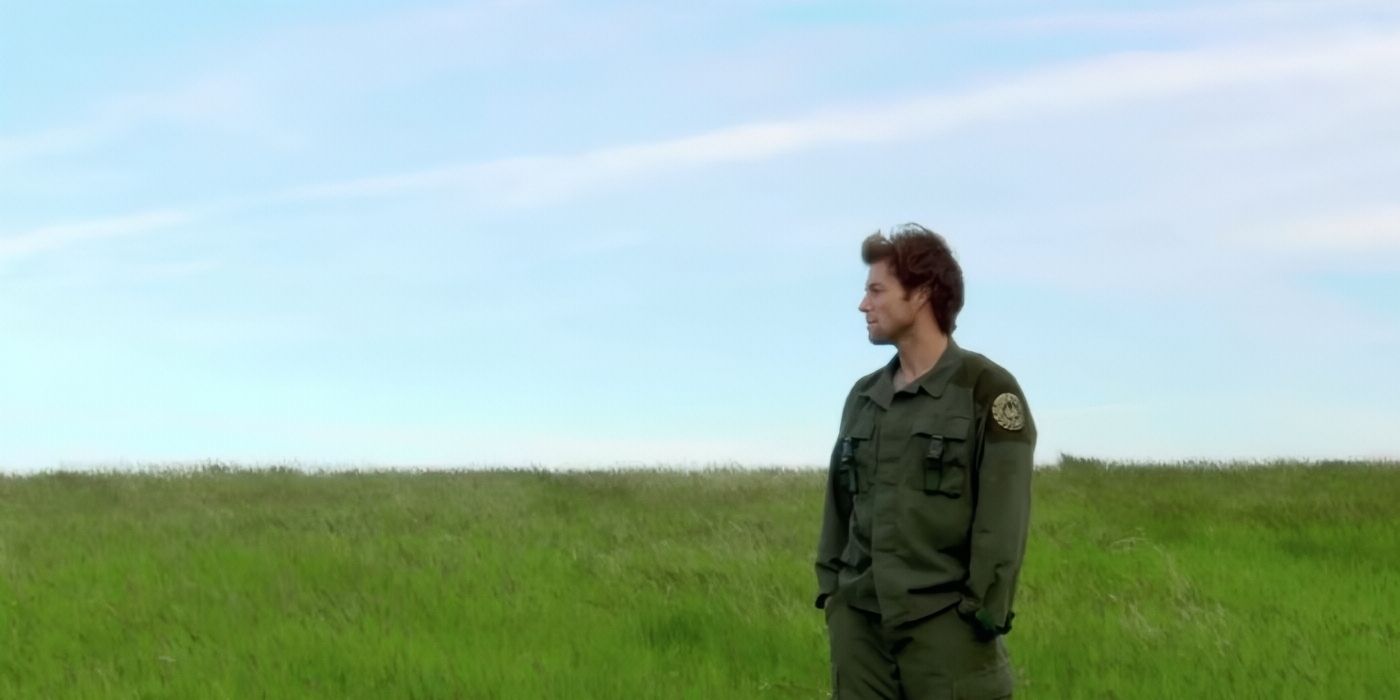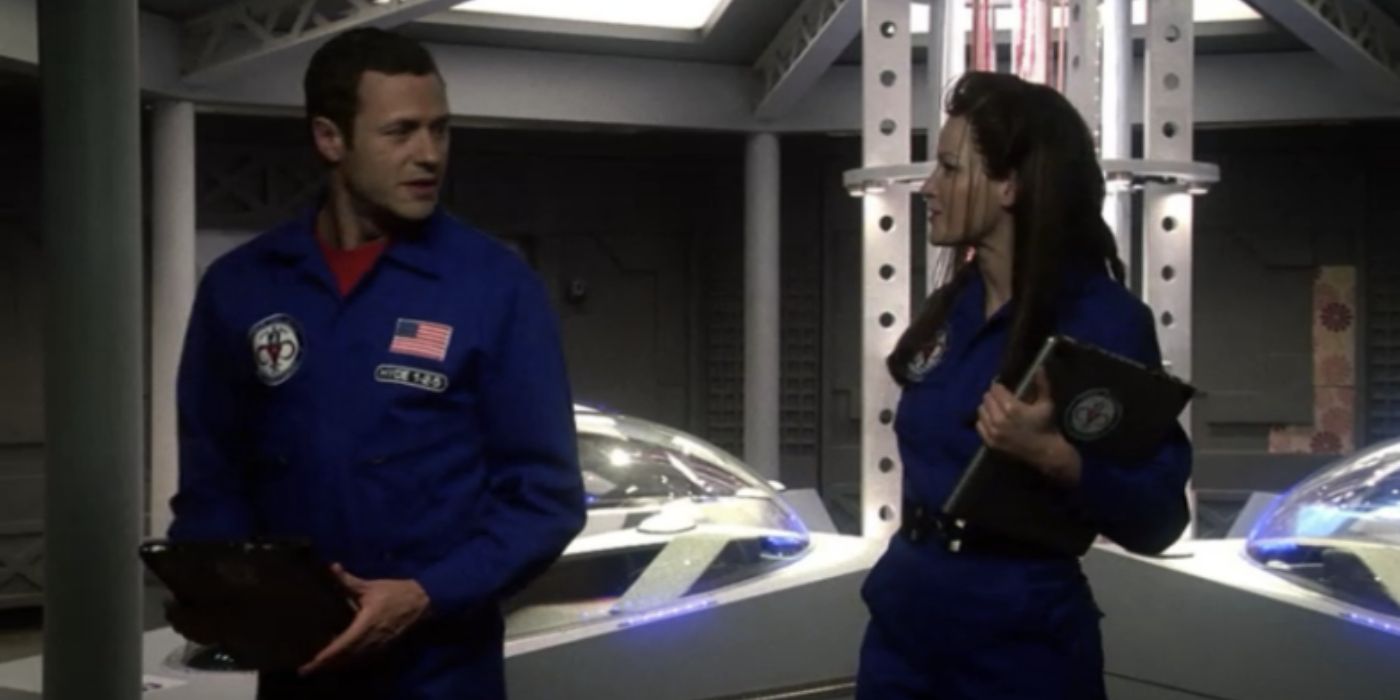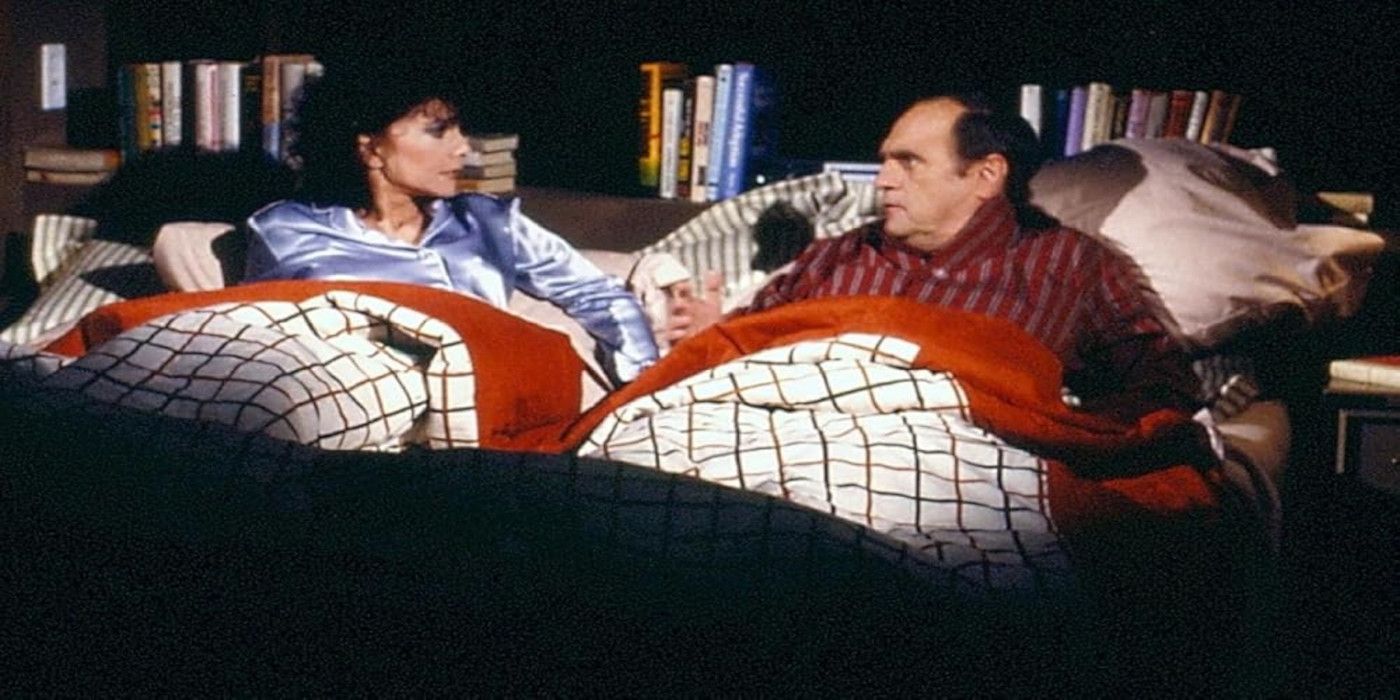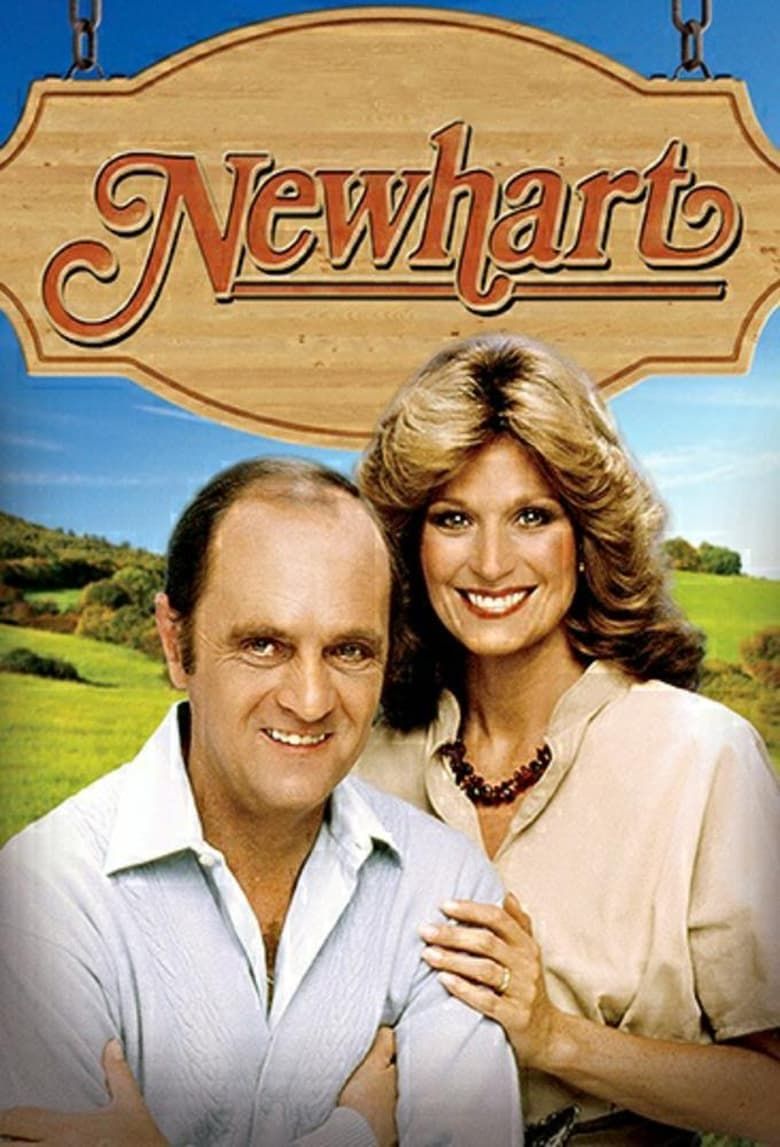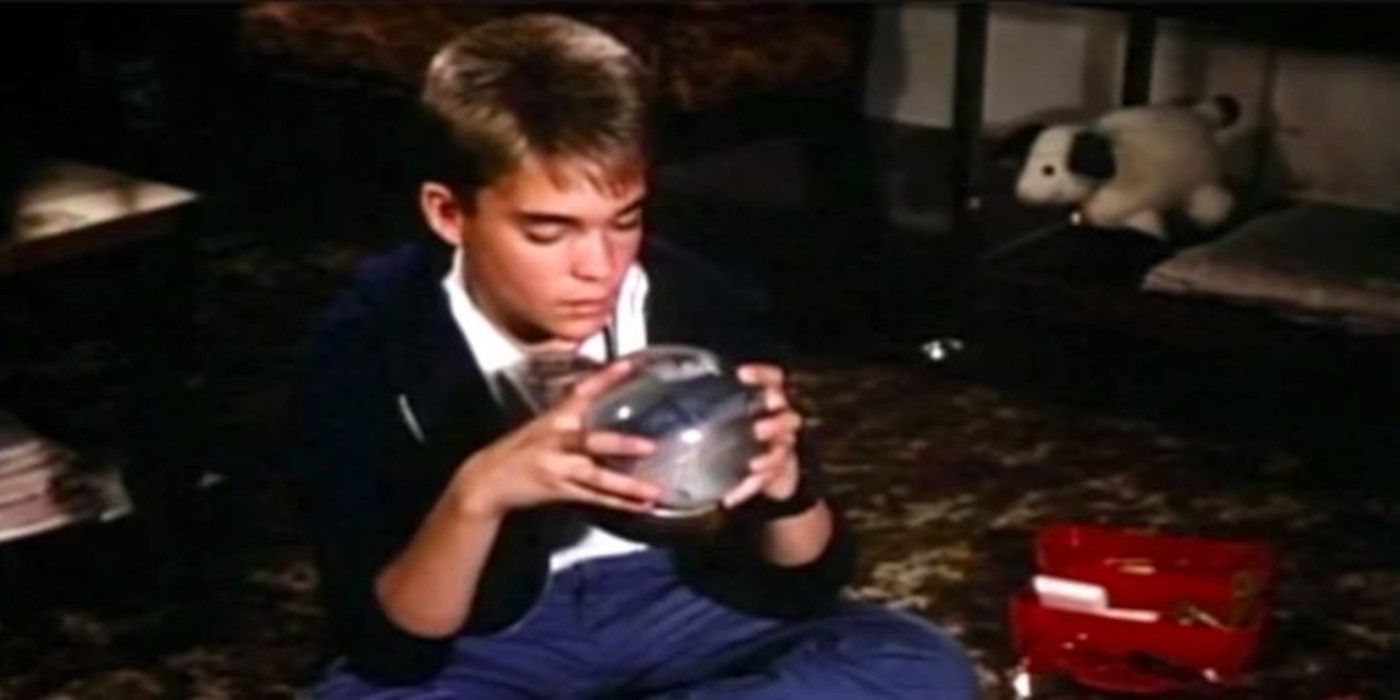When a TV show comes to an end, its finale is more than just another episode – it can be a whole event marking the end of an era and drawing in millions of viewers eager to see the conclusion. With so many streaming options featuring buzzed-about and critically acclaimed shows, writers and creators are under increasing pressure to “stick the landing” and deliver a satisfying conclusion which answers lingering questions and wraps up character arcs. A bad finale can make viewers feel like they wasted countless hours over the course of years.
Often, writers of series finales seem to go out of their way to shock viewers, with unexpected deaths or surprising plot twists which serve no real purpose. While some TV finales have been held up as masterpieces capping off equally acclaimed series, others have not only missed the mark but completely changed the show itself, in ways varying from exploring other genres to going very meta. In some instances, the finales haven’t altered the events of the show but instead painted them in a drastically different light.
10
‘The Dick Van Dyke Show’ (1961–1966)
Season 5, Episode 32, “The Last Chapter”
Sitcom The Dick Van Dyke Show followed TV comedy writer Rob Petrie (Dick Van Dyke) and his wife, Laura (Mary Tyler Moore), in their life in the suburbs. The final episode was largely told through flashbacks and centered around Rob’s book, a memoir about his life as a comedy writer, and his efforts to get it published. After a publisher declined, Alan Brady (Carl Reiner) decides to turn the book into a TV show, starring himself as Rob.
The episode managed to be a smart, satisfying send-off for the series which brought things full-circle. While it didn’t necessarily change the series, it did cast it in a new light and created a show-within-a-show of sorts. The flashbacks and clips from previous episodes made for a fitting sendoff for the characters, while the ending itself was clever – especially by sitcom standards – and helped set the bar for good, satisfying finales moving forward.
9
‘Felicity’ (1998–2002)
Season 4, Episode 22, “Back to the Future”
The WB series Felicity followed the titular character (Keri Russell) as she changed her college plans to head to New York City in the footsteps of a boy she barely knew. The final season saw Felicity and her group of friends navigating their final year of college as they prepared to enter the adult world. The final few episodes features Felicity traveling through time, and the last scene of the finale reveals it was all Felicity’s literal fever dream.
Fans had a few complaints about the final episode of Felicity – particularly when it came to some of her decisions and confusing plot points – but above all, it was a strange episode which didn’t fit the tone of the rest of the series. A time-travel plot in an otherwise straightforward drama was a strange and jarring choice, to the point that it made the series feel like a totally different show.
8
‘Dallas’ (1978–1991)
Season 14, Episodes 22 and 23, “Conundrum”
The CBS drama Dallas followed the Ewings, a family of Texas oil tycoons feuding with the neighboring Barnes family. The series finale finds a drunken J.R. Ewing (Larry Hagman) reduced to almost nothing and contemplating suicide when he is interrupted by an angel, Adam (Joel Grey), who showed him what everyone else’s lives would have been like if J.R. had never been born – and he sees they would’ve been better off.
Dallas was no stranger to shocking plot twists – it infamously revealed an entire season had been a dream. It had an even stranger twist in its final episode, an It’s a Wonderful Life-esque look at an alternate version of the characters’ lives. The sudden introduction of a spiritual aspect was strange, and it also completely changed the show’s tone. What was fitting, however, was the way it acknowledged the damage J.R. had inflicted on nearly everyone around him.
7
‘The Hills’ (2006–2010)
Season 6, Episode 12, “All Good Things…”
The reality series The Hills – a spin-off of Laguna Beach: The Real Orange County – followed Lauren Conrad as she pursued a career in fashion in Los Angeles. In the final episode, Kristin Cavallari decides to leave for Europe. After her car pulls away, the camera remains focused on Brody Jenner, then pulls out to reveal a crew filming on a soundstage. MTV also released an alternate ending, in which Brody returned to his apartment, where Lauren was waiting for him.
Reality TV is often scrutinized for just how much is actually real as opposed to manufactured, and The Hills was the subject of plenty of speculation on that front. The final moments of the series were MTV’s way of poking fun at audience suspicions that at least some of the show was fabricated, and while the scene is open to interpretation, it certainly seemed to suggest it was, in fact, scripted.
6
‘Roseanne’ (1988–1997)
Season 9, Episodes 23 and 24, “Into That Good Night”
Sitcom Roseanne followed the Conners, a middle-class family trying to make ends meet in Illinois. The final season had some surprising twists, but the finale revealed it had been fabricated by Roseanne (Roseanne Barr) – she was writing a book based on her life and changed what she didn’t like. Most notably, Dan (John Goodman) was dead, and she used the fantasy of him winning the lottery as a coping mechanism.
Viewers were understandably disappointed with the finale – it wasn’t quite the cliché of “it was all a dream,” but it was pretty close. While it only undid the events of the season and not the entire series, it was still a major change. Roseanne’s final monologue explaining her writing had some really great moments, but overall, it made for a frustrating and bleak finale, especially with Roseanne’s final moments sitting in silence on the couch.
5
‘Byker Grove’ (1989–2006)
Season 18, Episode 20, “Deus Ex Machina”
The BBC teen drama Byker Grove followed the members of a youth club and often tackled controversial and difficult storylines. The characters discover they were in a TV show in the final episode, and they were being manipulated by its writer, who in turn intended to end the Grove. They decide to take matters into their own hands and write their own scripts, adding in elements like a T-rex, zombie mummies, and more.
Byker Grove went meta and broke the fourth wall for its finale, and few series finales were as bonkers – or had a title as fitting. The finale gave the show a drastic change in tone, taking it from a grounded gritty drama to a wild fantasy ride which really leaned into its premise and went all-out, throwing in almost anything imaginable, on top of retroactively changing the show’s setup. For the most part, it was surprisingly fun, until it took a bleak turn.
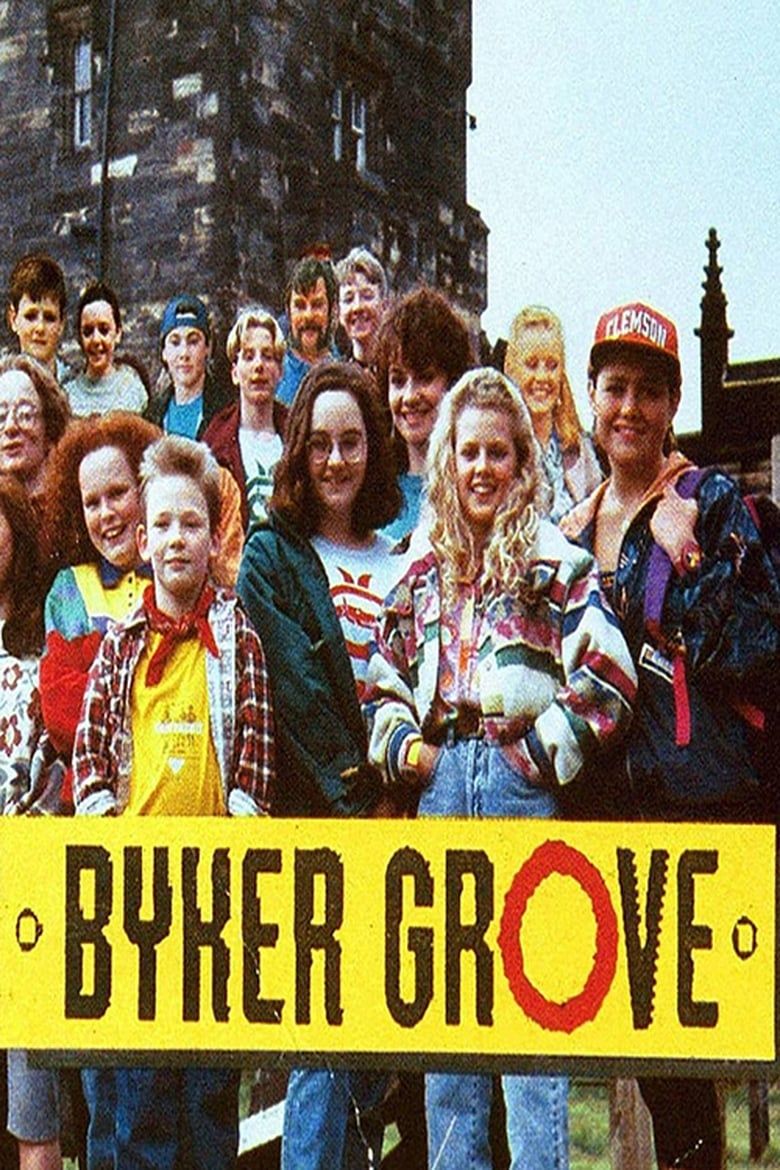
Byker Grove
- Release Date
-
1989 – 2005
- Network
-
BBC One
4
‘Battlestar Galactica’ (2004–2009)
Season 4, Episodes 19-21, “Daybreak”
Battlestar Galactica, a reboot of the 1978 series of the same name, tells the story of the last of humanity and their search for Earth amidst a battle against the villainous Cylon robots. In “Daybreak,” the three-part series finale, human-Cylon hybrid child Hera Agathon (Iliana Gomez-Martinez) was kidnapped, leading to a raid on a Cylon stronghold called the Colony. The episode’s final moments saw the fleet settling on a primitive Earth – 150,000 years ago.
When it comes to sci-fi shows, advanced technology often leads audiences to believe they’re set in the future, and Battlestar Galactica was no exception in that regard. The finale’s reveal that the series actually took place Star Wars-style a long time ago was an interesting twist, but unsurprisingly, it was also a controversial one. The religious themes of the finale were also controversial, making the finale divisive among fans.
3
‘Life on Mars’ (2008–2009)
Season 1, Episode 17, “Life Is a Rock”
Life on Mars, based on the British series of the same name, followed New York City detective Sam Tyler (Jason O’Mara) after he was hit by a car in 2008, lost consciousness and awoke in 1973. In the finale, Sam awakes to discover the events of the series had been part of a simulation as preparation for a journey to Mars, and the characters he encountered were his colleagues.
It’s understandable, even almost admirable, that the show’s writers might have wanted to keep audiences guessing until the very end, but the finale negated everything, even the pilot episode. It’s possible the ending was what the writers intended the whole time, but it’s hard to believe, as it felt cheap and rushed. For as many hints there were that space was involved – including the show’s title – there were just as many pointing in other directions.
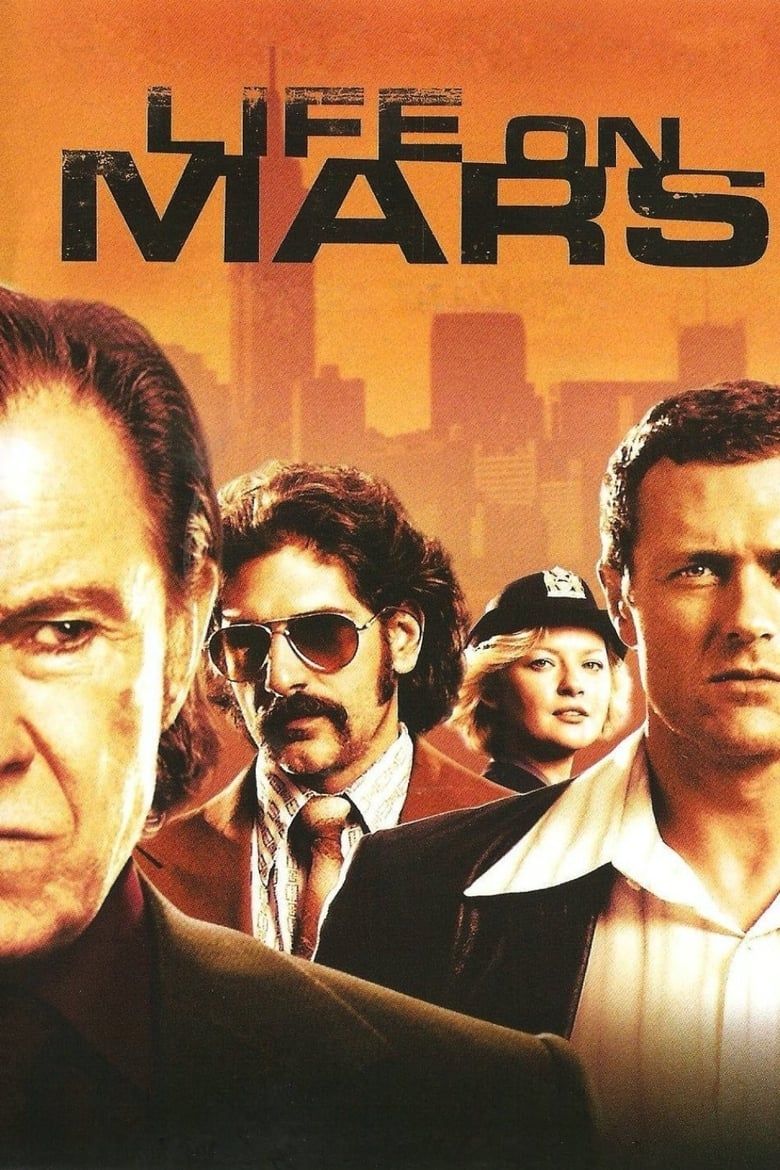
Life on Mars
- Release Date
-
2008 – 2008
- Network
-
ABC
-

Armand Schultz
Councilman Prince
-

Daniel Stewart Sherman
Big Patrick
-

-

2
‘Newhart’ (1982–1990)
Season 8, Episode 24, “The Last Newhart”
Sitcom Newhart followed Dick Loudon (Bob Newhart), a writer who left New York to operate an inn in Vermont with his wife, Joanna (Mary Frann). In the finale, after Dick was hit in the head with a golf ball, the entire series was revealed to have been a dream when Dr. Robert Hartley (Newhart)—the main character of Newhart’s previous show, The Bob Newhart Show—awoke in bed in Chicago next to his wife, Emily (Suzanne Pleshette).
The “it was all a dream” device is often viewed as a cheap twist and a cop-out, but in the case of Newhart, it actually worked—really well, actually, particularly because the show was a sitcom. The final scene not only hilariously poked fun at Newhart, but it was a brilliant callback to The Bob Newhart Show. It’s also been hailed as one of the greatest series finales of all time.
1
‘St. Elsewhere’ (1982–1988)
Season 6, Episode 22, “The Last One”
The medical drama St. Elsewhere followed the staff of St. Eligius, an aging hospital in Boston. The finale’s last scene reveals the entire series took place in the imagination of Donald Westphall’s (Ed Flanders) autistic son, Tommy (Chad Allen), as he gazes into a snowglobe containing St. Eligius and Donald wonders what he was thinking about. In Tommy’s world of St. Eligius, Donald was a doctor, but the scene reveals he was really a construction worker.
As far as series finales go, few have become as infamous and as controversial as this—while other shows have used the “it was all a dream” tactic, it’s nearly synonymous with St. Elsewhere. In a sense, it was a way to end the series without disappointing viewers if they weren’t pleased with the fate of the hospital or its staff, but it was also an odd choice which insulted viewers who had become invested in the series.

